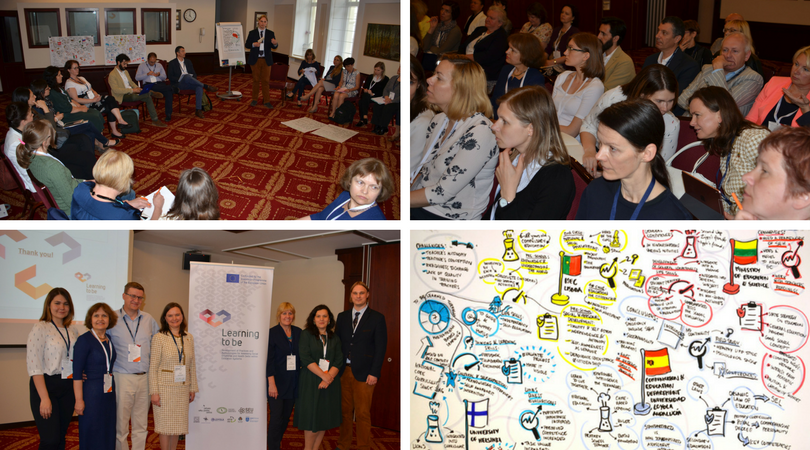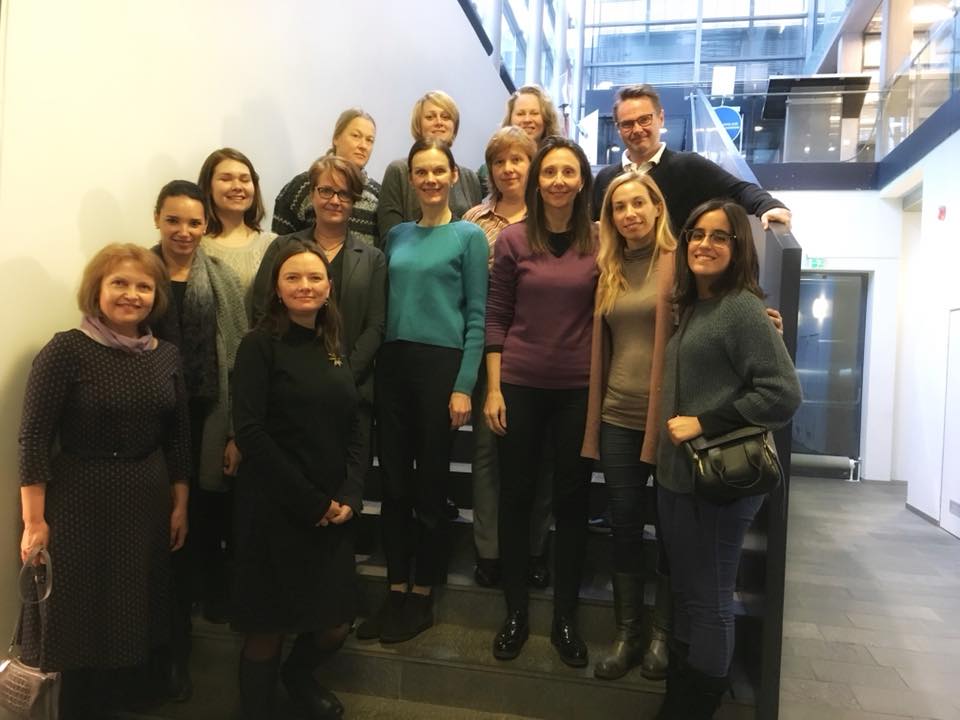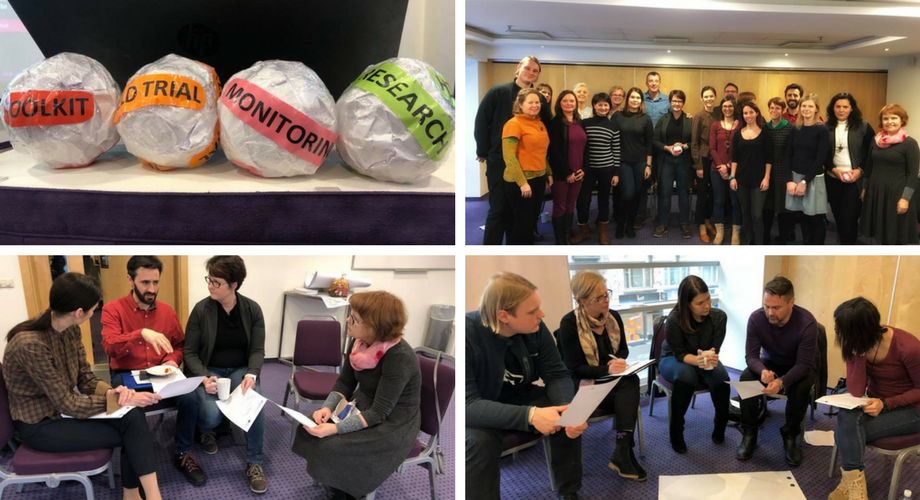Learning to Be
Development of Practices and Methodologies for Assessing Social, Emotional and Health Skills within Education Systems

The critical issues in the field of education are related to Europe‘s low level of socioemotional competences and high rates of early school leavers. These reasons have negative influence on the social, academic and professional lives of the young and hamper their personal fulfilment. Looking from the global perspective, these factors prevent the economic growth and social cohesion in Europe. The individuals with a balanced set of cognitive as well as social, emotional and health (SEH) skills are more likely to cope with the difficult situations in life, perform well in the labour market, and achieve personal and professional goals.(OECD. (2015), Skills for Social Progress: The Power of Social and Emotional Skills, OECD Skills Studies, OECD Publishing, Paris.).
Even though most National curricula frameworks has underlined the importance of SEH skills in education there has been a lack of understanding on how to assess SEH skills in a proper way and how to integrate SEH assessment methodologies into the existing education practices. With this policy measure we are proposing to widen the set of skills to be assessed and recognized in formal and non formal education settings for the variety of purposes including school and university admission, career prospects and for the implementation of other social roles.
AIMS and OBJECTIVES
Project aims to develop assessment methods and tools for the development of social, emotional and health competences in general education schools. The tools will facilitate the recognition of SEH skills within the education system. These tools would form basis for further development of education policies and practices in National curricula, improve the quality of SEH skills education and help foster social cohesion and fundamental values of democratic society.
Expected results:
- A comprehensive MODEL for social, emotional, health competence assessment for schools. The model will serve as a theoretical and methodological basis for social-emotional learning and assessment in general education (primary and secondary schools).
- Practical assessment TOOLKIT for teachers (educators) and learners for classroom use. Will include (self)-assessment tools for teachers, non-formal learning, and kids.
- Institutional self-assessment INSTRUMENT for schools. This will help schools (administration, provider, community etc.) to evaluate the situation of social-emotional-health learning in the school.
- Set of recommendations for reviewing policy on SEH skills. Analysis of project outcomes with relation to existing educational policies and national curricula in order to better support and facilitate positive policy reforms in Europe.
SCOPE
Project type: Erasmus+ KA3 - Support for policy reform - European Policy Experimentations in the fields of Education, Training and Youth led by high level public authorities
Partners:
- Lithuanian Children and Youth Centre, Lithuania – Coordinator
- The Republic of Lithuania, Ministry of Education and Science
- National Centre for Education, Latvia
- University of Helsinki: Department of Teachers‘ Education, Finland
- Institute for Research and Development UTRIP, Slovenia
- University of Milano-Bicocca, Italy
- ISEC - Institute of Education and Science, Portugal
- University Loyola Andalucia, Spain
- Social-Emotional Learning Institute, Lithuania
Duration: 36 months (February 2017 – January 2020);
Budget: € 2.102.415, EU support: € 1.576.810.
Target groups:
- School teachers (incl. non-formal educators);
- School pupils;
- School management;
- Education policy makers/stakeholders.
PROJECT EVENTS
Symposium on Social, Emotional and Health Skills Assessment in Education
May 31 - June 1, 2017
Vilnius, Lithuania
Project coordinator, Lithuanian Children and Youth Center, in cooperation with the Ministry of Science and Education and the Institute for Social and Emotional Learning, organized the symposium. It acted both as a “learning conference” and the first planning meeting of the project partners. The symposium brought together all the partners and other influential people in the field to share their experience. Partners presented their findings and discussed various models and methodologies for SEH skills assessment. Further arrangements of project activities were made.

Working Group Meeting On Toolkit Design
September 25-26, 2017
Vilnius, Lithuania

Working Group Meeting on Research Tools Development
15-16 November, 2017
Helsinki, Finland

Steering Committee Meeting
22-23 January, 2018
Riga, Latvia


This project has been funded with support from the European Commission. This publication reflects the views only of the author, and the Commission cannot be held responsible for any use which may be made of the information contained therein.
